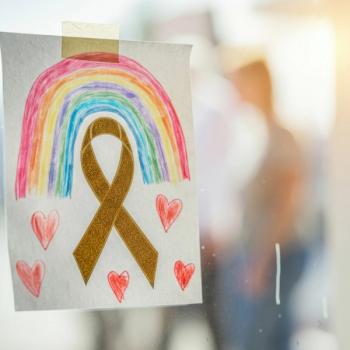
In this Q&A, Carly Stafford Dixon discusses her lymphoma journey, recovery with CAR T therapy, and mission to raise support for young adults with cancer.

In this Q&A, Carly Stafford Dixon discusses her lymphoma journey, recovery with CAR T therapy, and mission to raise support for young adults with cancer.
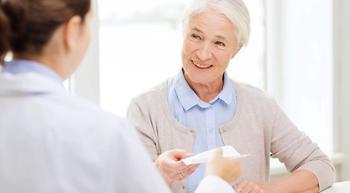
Survivorship, when talking about cancer, is defined not just by the end of treatment, but by the entire journey that follows initial diagnosis.
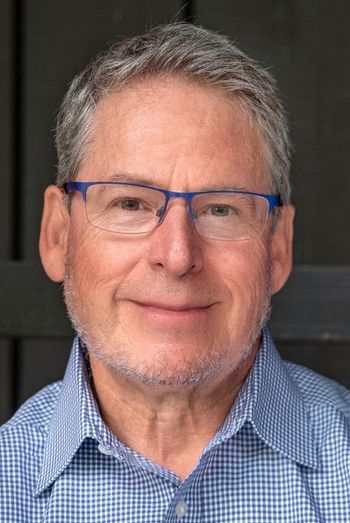
While much progress has been made in treating blood cancers like lymphoma, I know that there is still far more work to be done.
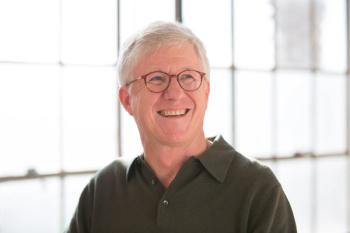
Geoff Grubbs, who was diagnosed with chronic lymphocytic leukemia in 2009, has undergone five lines of treatment and participated in two clinical trials.
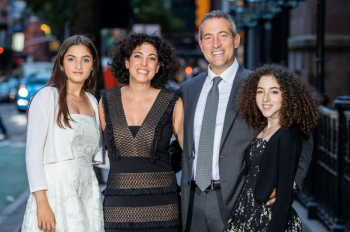
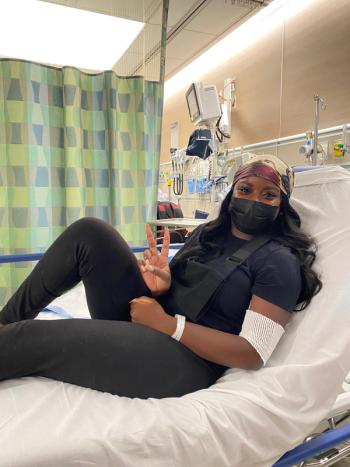
“Nobody’s going to fight for your life the way you’re going to fight for your life,” Hodgkin’s lymphoma survivor, Paula Ngon, told CURE®.








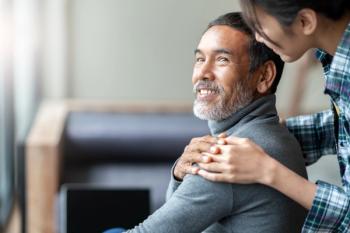
While being a caregiver can often be a rewarding experience, it can also be a very challenging one and may be harder on the caregiver than the patient. Thomas M. Habermann, MD of Mayo Clinic, Rochester shares some helpful strategies on how to cope with some of the pressures of caregiving.

While the recent FDA approval of Jakafi offers another effective option for patients with chronic GVHD, one expert urges that more work needs to be done to prevent and/or reverse the condition.
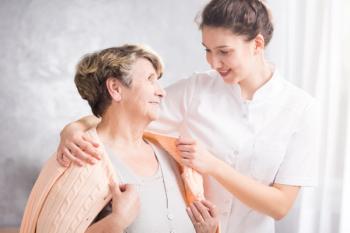
A recent webinar from the Lymphoma Research Foundation gave important advice for caregivers, including the importance of taking care of oneself.

Maryland Governor Larry Hogan and LRF Ambassador and Advocate Paul Majkowski share why Blood Cancer Awareness Month is an important tool in helping to raise awareness of lymphoma, bring the community together and advance cures for this disease.
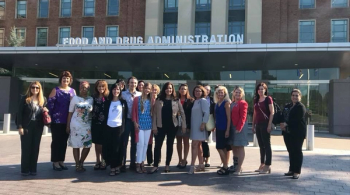
WOMEN’S HEALTH MONTH: Breast implant-associated anaplastic large cell lymphoma (BIA-ALCL) is impacting women globally—leaving many questions for both patients and providers.
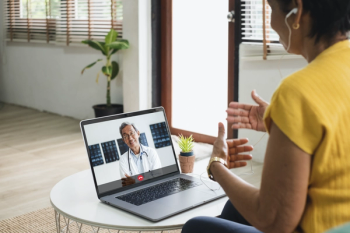
With telemedicine trending to be a mainstay in how healthcare professionals treat patients, the Lymphoma Research Foundation speaks with Ameet Doshi, MD, MBA at HealthPartners about what is contributing to the surge and how it affects lymphoma patients and survivors.
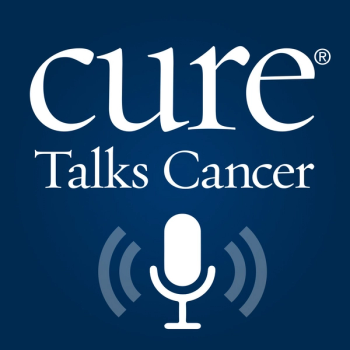
This week on the “CURE® Talks Cancer” podcast, we spoke with lymphoma survivor Nina Luker about what it was like to receive a diagnosis at age 24, and how sharing her story with nearly 200,000 supporters on TikTok and Instagram led her to find purpose with the Lymphoma Research Foundation.
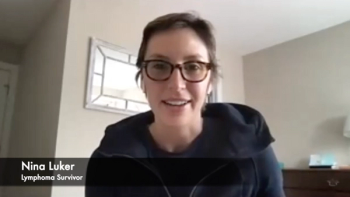
Nearly one year ago to the day, 24-year-old Nina Luker was completely blindsided by a diagnosis of non-Hodgkin lymphoma. But after powering through treatments in the thick of the COVID-19 pandemic, Luker is now cancer-free and offering advice to those who may be looking for ways to help their loved ones through difficult times of their own.
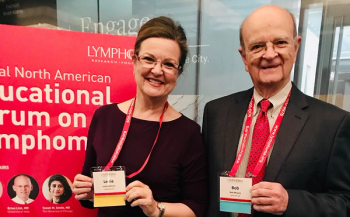
Bob Meyers and his daughter Leslie Watson have always been close. In fact, they live right down the street from one another in their Georgia neighborhood. So, when Watson received the diagnosis of clear cell carcinoma in the summer of 1996, and then follicular lymphoma later that fall, Meyers was there by her side as her devoted caregiver.
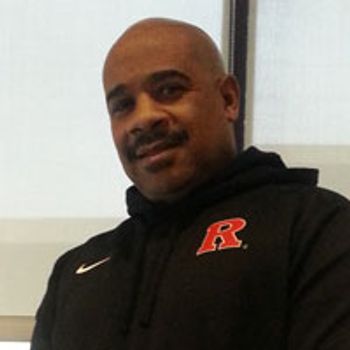
When people think of cancer too often fear gets in the way of allowing us to look past the cancer itself and to the people who have been diagnosed with the disease.

When my doctor told me that I had stage 4, grade 3a follicular lymphoma, I thought that it was impossible: I had firmly put cancer in my rear view mirror seven years prior. Yet here I was, hearing for the word "cancer" for the second time by the age of 26.